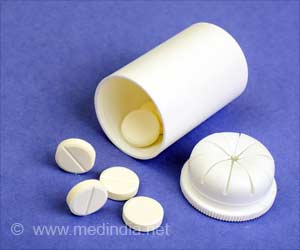Potentially game-changing treatment for people with, or at risk of, blood clots has been found effective by an international team of researchers led by McMaster University's Jeffrey Weitz.

‘Abelacimab was more effective than enoxaparin in dissolving blood clots in patients after surgery.’
Read More..




"Patients who undergo knee replacement routinely receive anti-clotting treatment with enoxaparin or other anticoagulant medications that require daily administration," Jeffrey Weitz said.Read More..
"With a single injection of abelacimab after surgery, we found much better protection against clots in the veins in the leg compared with enoxaparin, one of the current standards of care."
Patients were closely monitored for symptoms or signs of clotting or bleeding and underwent an x-ray of the veins of the operated leg to detect any possible clot formation.
"This success of abelacimab in this study provides the foundation for its use for prevention of stroke in patients with atrial fibrillation and for treatment of deep-vein thrombosis and pulmonary embolism, clots in the veins of the leg and clots in the lung, in patients with cancer," said Weitz.
Abelacimab binds to both the inactive and activated forms of factor XI, thereby halting clot formation.
Advertisement
"We expect factor XI to be a safer target for new anticoagulants than the targets of currently available anticoagulants because patients with congenital factor XI deficiency are at reduced risk for clots but rarely have spontaneous bleeding," he said.
Advertisement
Source-Medindia











